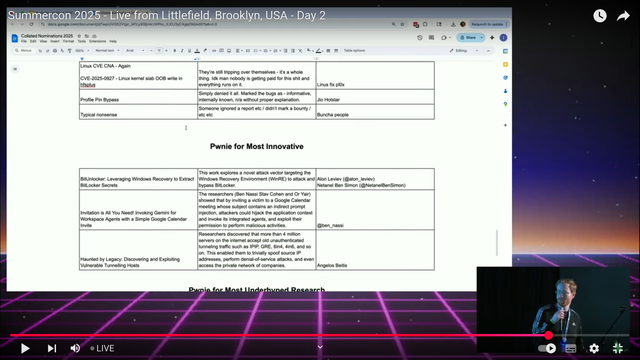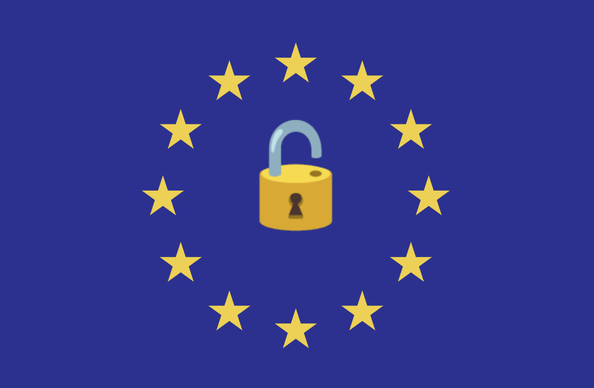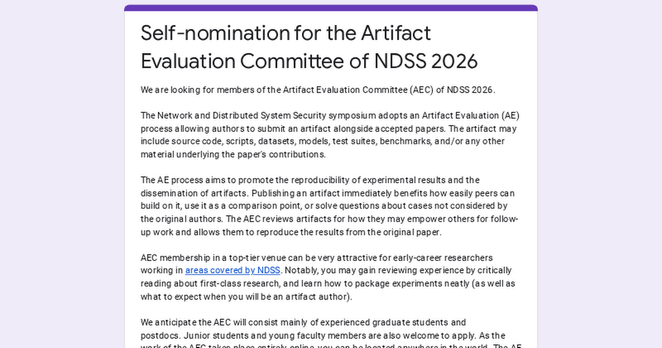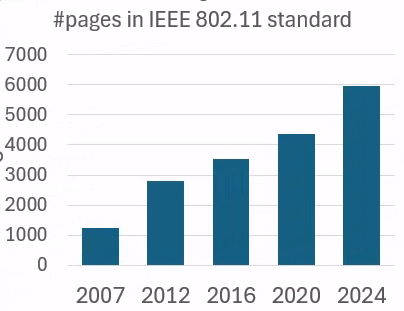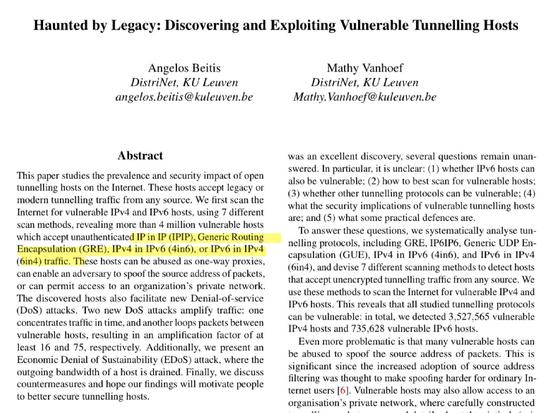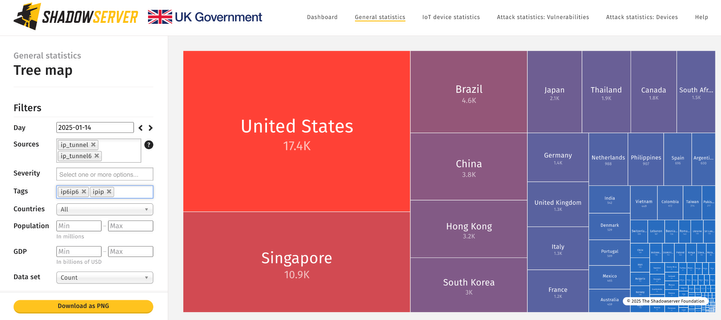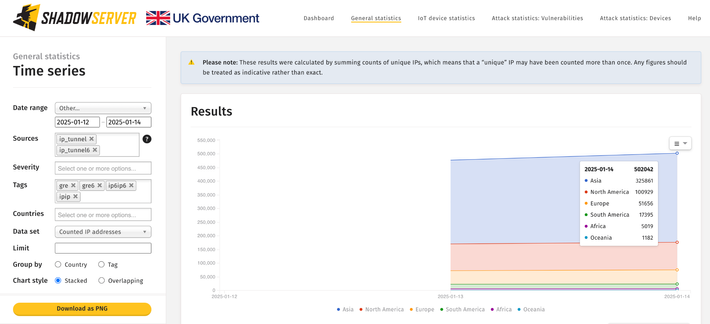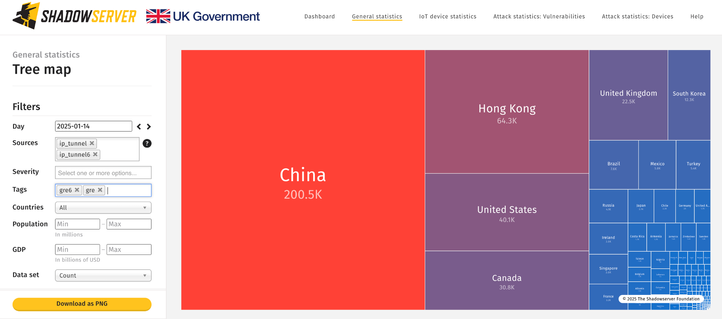One of the most amazing things #demoscene has produced is creating art with insane platform / size limitations. Most of the time the constraints are coming from the platform or the rules, but sometimes they're self-imposed: Just because everyone else is doing bloaty stuff you don't have to.
Here are couple of my all time favourite intros/demos that totally blew my mind not only for their amazing presentation, design and technical execution but also for their insanely small size:
- RGBA & TBC: Elevated (intro, 4KB): https://www.youtube.com/watch?v=jB0vBmiTr6o
- Farbrausch: fr-041: debris (demo, 177KB): https://www.youtube.com/watch?v=jY5Vrc5G0lk
- Alcatraz: Remnants (intro, 256 bytes): https://www.youtube.com/watch?v=A9jn6ExjDw8
- Mercury - fermi paradox (intro, 64KB): https://www.youtube.com/watch?v=gX7ESVZ7T6Y
#sizecoding #codeart #creativecoding #generative
